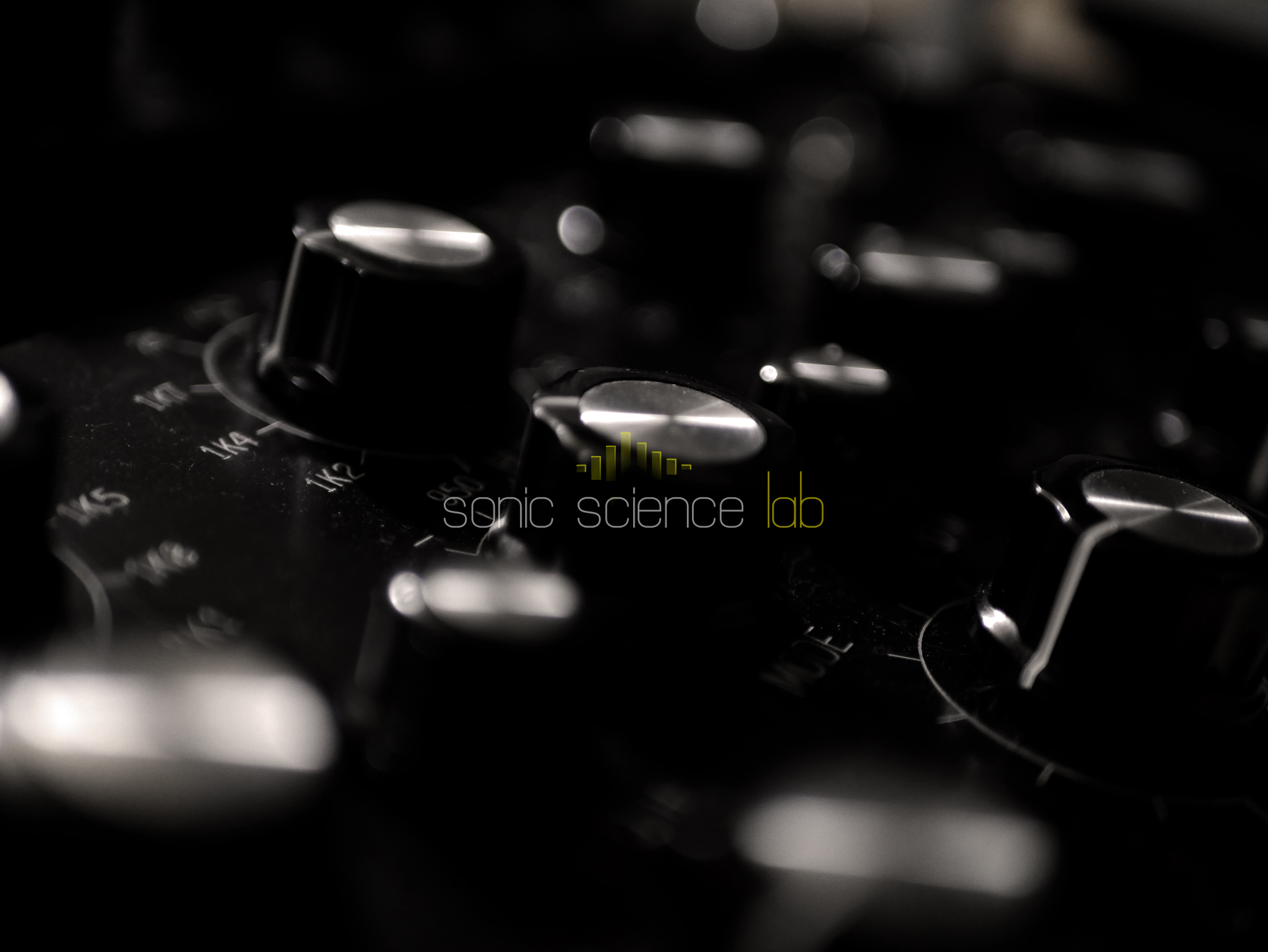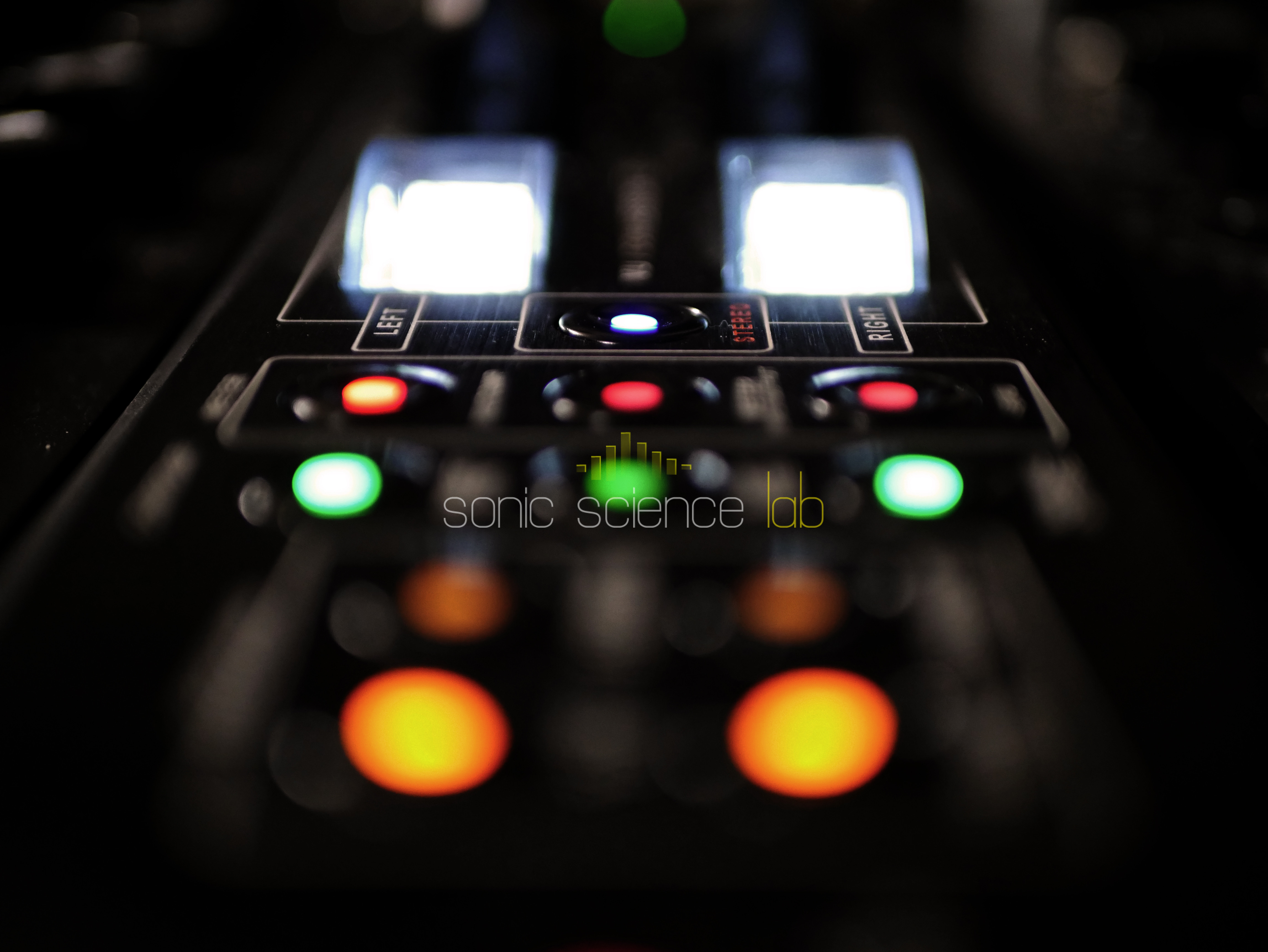

(Revised and updated June 2022)
When it comes to books about mixing, we think you can doubtlessly check ‘Mixing Audio’ by Roey Izhaki, and ‘Zen and the art of mixing’ by Mixerman. These are two positions that you may choose blindly.
The former is a pretty broad coverage of mixing and tools used for.
The latter requires some experience and wider perspective. Mixerman goes way beyond just technical stuff (art and music in particular are naturally beyond that!).
However, even if you’re relatively inexperienced, it’s certainly worth reading and getting back to it later on, once your skills grow. There’s super useful information out there, that gets more and more sense along with progress being made. (more…)

(Revised and updated June 2022)
You’ve certainly read many articles so far about cleaning of recorded vocal tracks with de-noising, de-winding, de-harshing, de-essing, de-whatever.
We will try to drive your attention, however, a little elsewhere. To let you take a look at this topic from perspective you might have not taken previously.
It might help you with efforts like above, making them less time consuming, or sometimes even not super necessary!
We think that it’s really not about working your socks off. It’s about making smart decisions, do less and make use of saved time for something way more creative.

No, it’s not because of resonant peaks possible around cut-off frequency.
It’s because of Gibbs phenomenon, which we describe below. Hopefully in LT.
Briefly, each wave consists of its Fourier components- fundamental and related harmonics. Each harmonic is in phase relationship with any other, in particular the fundamental one.
This participates in constituting amplitude level of the entire wave. When harmonics is cut, for example by LPF in the most simple scenario, it affects the amplitude.

As lead mastering engineer and founder of Sonic Science Lab, I’m asked for tips about prepping mixes for mastering. It looks like there’s quite confusion even among experienced recording and mixing engineers who ask me about: the best recording/mixing levels; sampling rates; word lengths; the technical aspects of analog and digital audio; and other mixing and mastering tips.
While these technical issues are all important, it’s the human side of the process that is the most significant! I thought you might find them useful, so I’m sharing them here. (more…)
Read More
As a pro mastering engineer, I come across very few working musicians, mixers, or producers who don’t want the benefits of working with a high-quality mastering studio.
Who wouldn’t want …



Please enter your name and email address below.
0